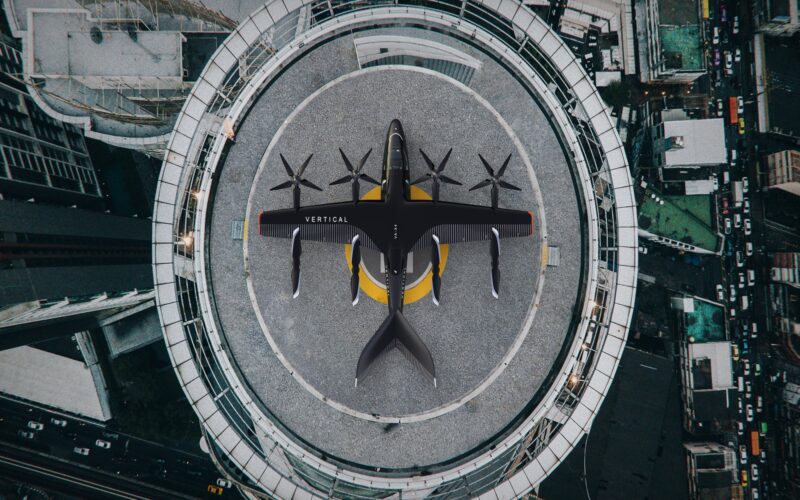The UK government has announced it will invest over $110 million in British industries that could make zero emission ‘guilt-free flights’ a reality.
The UK government believes supporting cutting-edge technologies could lead to electric flying taxis and hydrogen powered aircraft while supporting green jobs.
Through the Aerospace Technology Institute (ATI) Programme, government and industry are jointly backing new exciting zero-carbon technologies.
This includes a project by Bristol-based electric aircraft manufacturer Vertical Aerospace to develop high-end, lightweight batteries, as well as projects led by Rolls-Royce to develop the building blocks of a liquid hydrogen combusting jet engine, which would enable flight without the carbon emissions.
The ATI Programme has already seen recent success after backing the HyFlyer II project, which resulted in the maiden flight of ZeroAvia’s hydrogen fuel cell-powered 19-seater aircraft in January.
In addition, the Department for Transport is seeking views from the sector on how to reach the target for airport operations in England to be zero emissions by 2040.
The new investment was announced at the Jet Zero Council on Tuesday February 7, 2023, a partnership between government and industry that has been set up to fast-track ambitions for zero-emission flight by 2050.
“ATI funding enables us and our partners to deliver these exciting projects that are critical to the delivery of the zero-carbon element of our net zero road map and will help position the UK as a leader on the pathway to more sustainable flight,” said Grazia Vittadini, Chief Technology Officer, Rolls-Royce.
Details of new projects awarded funding through the ATI Programme:
- Hydrogen Engine System Technologies (HYEST) led by Rolls-Royce – £14.8 million project to develop technologies and sub-system architecture for the combustor element of a liquid hydrogen gas turbine
- Robustly Achievable Combustion of Hydrogen Engine Layout (RACHEL) led by Rolls-Royce – £36.6 million project to develop key technologies and integrated powerplant architecture for a liquid hydrogen gas turbine
- Liquid Hydrogen Gas Turbine (LH2GT) led by Rolls-Royce – £31.4 million project to develop technologies for the delivery of a liquid hydrogen fuel system for a hydrogen gas turbine
- Category Enhanced Battery Development (CEBD) led by Vertical Aerospace – £30.8 million focused on developing a prototype propulsion battery system for aerospace applications, including as part of Vertical Aerospace’s electric vertical take-off and landing (eVTOL) aircraft

